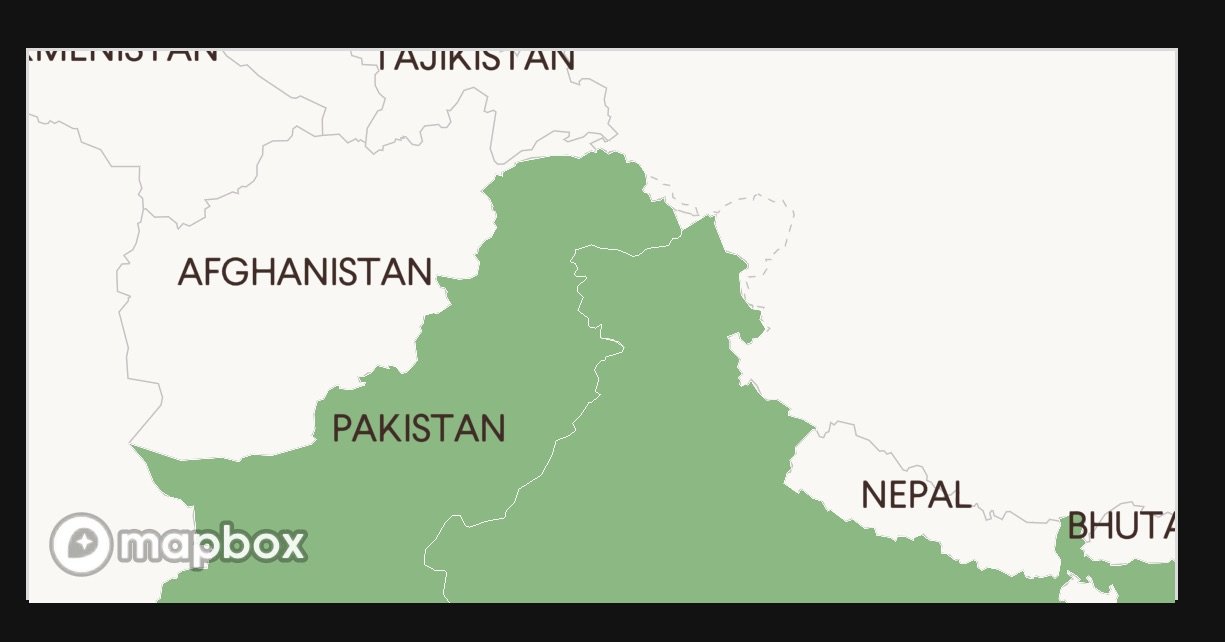Recent clashes and diplomatic downgrades raise concerns over trade and investment flows in Pakistan.
Key Takeaways:
i) Recent escalations in the India-Pakistan conflict, including cross-border firing and diplomatic downgrades, pose a threat to regional stability.
ii) The suspension of a water-sharing treaty by India could exacerbate existing water scarcity issues in Pakistan’s agricultural sector.
iii) Continued tensions may deter foreign investment and disrupt trade routes vital to Pakistan’s economy.
Money Matters Monitoring – A recent analysis by the Council on Foreign Relations (CFR) highlights escalating tensions between India and Pakistan, raising concerns about the potential economic repercussions for Pakistan. The report, titled “Conflict Between India and Pakistan,” details a series of recent events that have heightened the long-standing conflict between the two nations.
The CFR report indicates that the conflict is rooted in the 1947 partition of British India. While a fragile ceasefire has been in place since 2003, both countries regularly exchange fire across the contested border, each accusing the other of initiating attacks. According to the CFR, “[In April 2025, tensions escalated after a deadly terrorist attack in Indian-administered Kashmir led to India downgrading ties with Pakistan, closing border crossings, and suspending a water-sharing treaty. Pakistan responded with countermeasures. Both sides continue to accuse each other of various transgressions, including cross-border terrorism and extrajudicial killings. Despite attempts at mediation, the conflict remains unresolved, with recent developments indicating a potential for further escalation.]”
The report has been produced by the Center for Preventive Action (CPA) which aims to help policymakers devise timely and practical strategies to prevent and mitigate armed conflict around the world, especially in places that pose the greatest risk to U.S. interests.
The report also highlights specific incidents, including a deadly attack in Indian-administered Kashmir on April 22, 2025, which led India to close its main crossing with Pakistan and suspend a water-sharing treaty. This suspension raises concerns about water scarcity in Pakistan, potentially impacting its agricultural sector, a significant contributor to the nation’s economy.
Further, the ongoing conflict and heightened tensions may deter foreign investment in Pakistan and disrupt vital trade routes. The CFR details other incidents, including exchanges of fire along the Line of Control (LOC) and accusations of civilian killings, contributing to an unstable environment for economic activity.
The CFR analysis underscores the potential for further escalation, warning that the unresolved conflict poses a continued threat to regional stability and could have significant economic consequences for Pakistan.
The report has been produced by the Center for Preventive Action (CPA) which aims to help policymakers devise timely and practical strategies to prevent and mitigate armed conflict around the world, especially in places that pose the greatest risk to U.S. interests. CPA accomplishes this by commissioning in-depth reports, convening meetings of experts, and consulting with representatives of governments, international organizations, civil society groups, corporations, and the media. The center’s Global Conflict Tracker informs the general public about threats to international peace and security by providing a reliable and regularly updated online source of information about ongoing conflicts.




